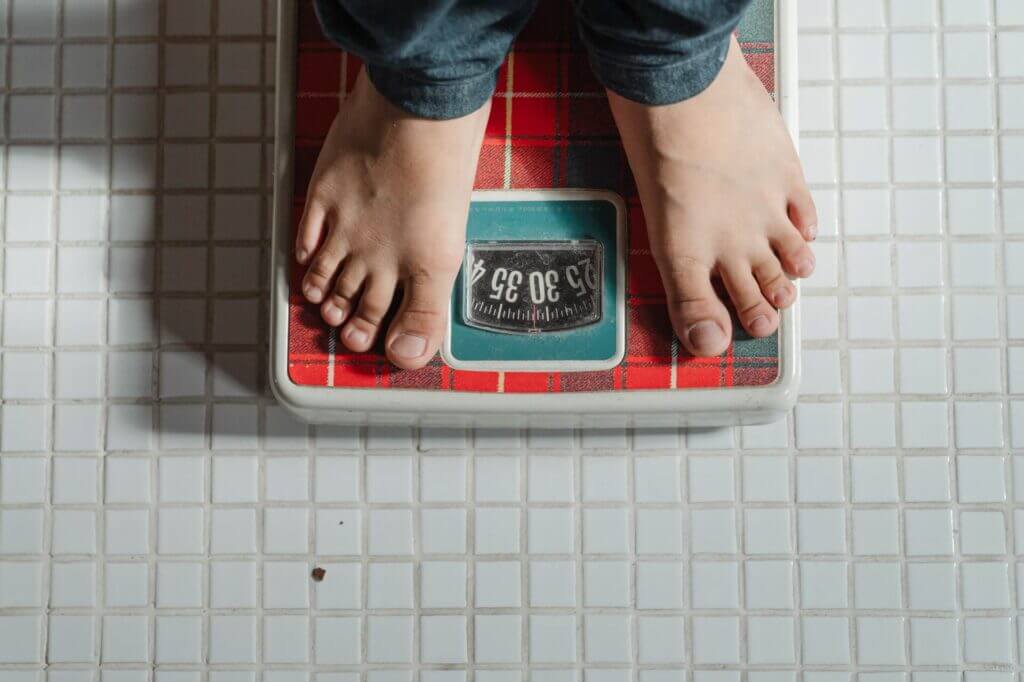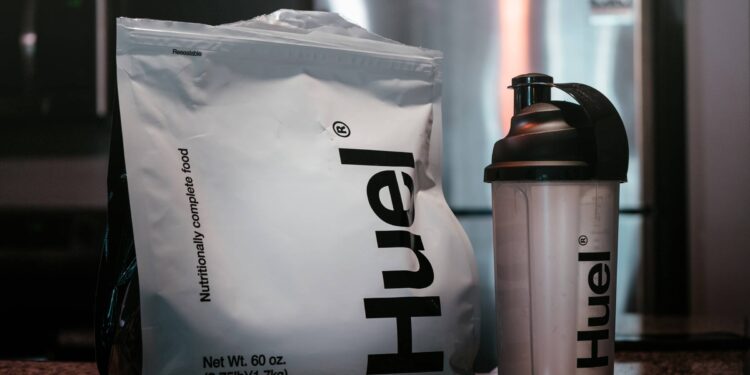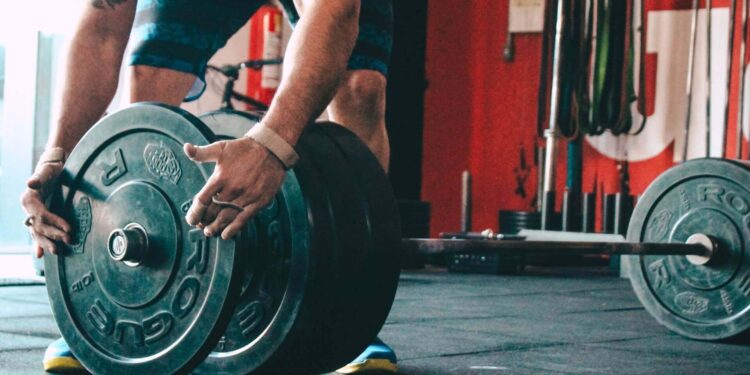This post is also available in:
 Tamil (தமிழ்)
Tamil (தமிழ்) ![]() Sinhala (සිංහල)
Sinhala (සිංහල)
I am an Entrepreneur, a busy mother running a family and I’m a fitness fan who has been through a lot from having kids, struggling with weight and having experience of how to manage my weight and look and feel good despite my busy schedule. Family, friends and strangers ask me a lot of questions about my lifestyle, health and fitness to understand how to reach their own goals.
Some of the questions vary from how to balance time with a busy schedule, lose weight and weight training for women. Hence, I selected the most frequently asked questions and here is an effort to answer most of them.
1. Losing weight is a constant battle for me, what am I doing wrong?

Family, friends and strangers ask me with the intention of giving up as they’ve tried it all. These individuals have tried it all from reaching their own goals but not been successful. They have tried all from fad diets, working out extensively on their own taking supplements and have not seen any results.
What I ask them is what have you been doing? Do you maintain a log of food, hours of sleep, weekly exercises plan, time for family and friends and the amount of water you drink? In a nutshell, have you written down your goals and do you have a plan to achieve them?
If you don’t start with writing down what you eat, how many steps you take each day, how many hours you slept, for example, it is a daunting task to monitor if you are on your way to achieving your goals. Most women I meet say they “eat healthily” or they skipped dinner but still don’t lose weight. However, in reality, they tend to overeat, as they compensate for the skipped dinner with a heavy breakfast and lunch. Tracking your activity starting from food is a good step towards achieving your health and fitness goals.
However, this daily and weekly tracking method may not be sustainable in the long run, although it can be a good starter to gauge the current situation. This approach is more like a “reality check” and from there, the right changes can be made to move forward towards achieving your goals.
2. What is the best way to lose fat?
This is one of the common questions asked around and the answer is there is no one way to lose fat and it’s a holistic approach from your diet and exercise. Losing fat is a dedicated long term process which requires an overall healthy lifestyle which includes exercise, nutrition, sleep and emotional well being.
To start with you can go on a Calorie deficit diet depending on your own personal goals, your weight, height, fat percentage and minimum daily calorie intake. There are number of good practices and to start with cutting down your calories little by little can help you lose weight and minimize weight plateaus.
If you start off with a high % of body fat, you might be able to start your diet on a steeper calorie deficit than someone who has less % of body fat. Physical and emotional well being is required to put yourself through a calorie deficit diet. A sustainable way to achieve your goals is to make small changes to your diet weekly or bi-weekly. Always make sure you weigh yourself, take pictures and take measurements. Focus on sustainable progress than quick fixes. Hence, patience is required.
Exercise is the other tool to fat loss. Strength training can be one of the most important exercises to make sure that your weight loss comes from fat and not muscle. Further, any extra physical activity can increase energy expenditure, hence your help with calorie deficit. This can be a morning walk or a 15-minute high-intensity interval training.
3. How often should I workout?

People ask me this question most often. The answer depends on many aspects and there is no one answer as time is precious to everyone. It is important to have a schedule depending on your priorities in life and your annual goals. It is not worthwhile for someone to go to a gym 5-6 times a week if you are on a tight schedule, you do not get enough sleep or you cannot get anything else done. Therefore, it is important to follow a program that suits your weekly schedule.
High profile fitness professionals make it seem workout for hours and days as it is their profession. Contrary to what these professionals do, you certainly don’t have to workout for hours every day to see progress. If you are able to find time for a workout session at least 3 times a week for 45 minutes to 1 hour, that’s great! Also, try not to worry about the duration of the workout or how often you workout as the consistency of your workout over time is the most important aspect.
To the gym-goers, research does suggest that training each muscle group twice a week help maximize muscle growth. This makes the old school training splits of arm day, chest day irrelevant. Hence, following upper-body days and lower body days or doing arms and back together on Monday and Thursday instead of back on Monday and arms on Thursday is proven beneficial to muscle growth.
4. How can sleep help the process of weight loss?
The importance of maintaining a daily schedule is evident as you have to get at least 7-9 hours of sleep daily. Research has found out that lack of sleep can affect your weight. Lack of sleep the previous night you may tend to rely on an extra-large Latte or breakfast and too tired to workout. If this pattern happens often it is detrimental to your health, well-being, and your weight. Sleep is as important as diet and exercise.
Research done over time proves many facts on the effects of sleep deprivation. A study was done by the “American Journal of Clinical Nutrition” found out that when people don’t get enough sleep, late-night snacking increased, and more often they snacked on high-carbs.
In another study done by the “University of Chicago” the sleep-deprived individuals chose snack options which contained twice as much fat as those who slept at least 8 hours. Lack of sleep has a big effect on your metabolism as well as per the University of Chicago. Within just four days of less sleep, the body’s ability to process Insulin – A hormone needed to change Sugar, Starch and other foods into energy goes out of normal and dropped more than 30%.
The bad part is that when your body doesn’t properly respond to insulin, your body has issues processing fats from the bloodstream and ending up storing them as fat. This doesn’t mean you will lose sleep by sleeping but too little sleep can hamper your metabolism and contribute to weight gain.
5. Is water important for weight loss?
1.8 litres of water is a minimum starting point for any person, however, each individual’s hydration needs are different from their activity level, weight etc. If you weigh heavier, your water needs are different. You have to drink more water to keep yourself hydrated and aid in weight loss. A simple math equation is to drink half of your body weight in ounces of water. So if you are 180 pounds, you should aim for 90 ounces of water a day.
A study conducted by the “Annals of family medicine” found out that people with higher BMI were least hydrated. It was suggested by the study that water is an essential nutrient. Water may play a bigger role in weight loss as exercise and food.
Another study done by “Virginial tech” research found out that Obese adults who drank ½ a litre of water half an hour before their meals lost 1.4kgs more than those who didn’t, and 4kgs at the end of 12 weeks.
Even with a weight-loss program or not drinking at least 1.8 litres of water a day or more if you are working out or you are trying to lose weight. So get a reusable, glass or BPA- free water bottle, Keep refilling it, and sip your way to losing weight.
Conclusion
It is evident that a holistic approach is required to manage your weight. Maintaining a schedule to track your progress, Exercise, a healthy calorie deficit diet, Sleep and your water intake are some of the tips that are recommended.





















Discussion about this post